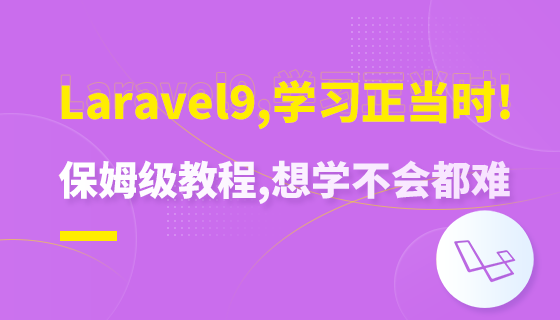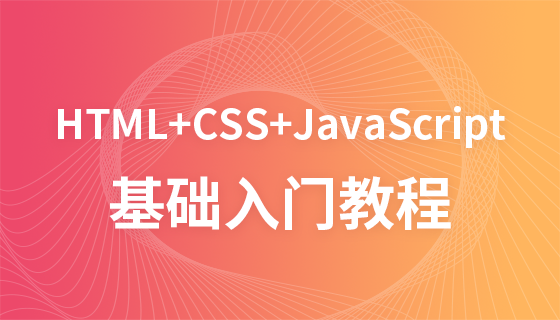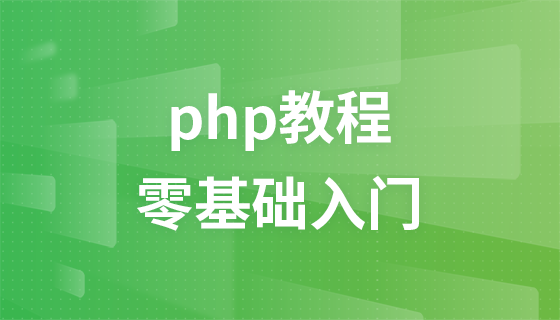
在本教程中,我们将学习如何使用 FabricJS 将 IText 对象转换为类似数据的 URL 字符串。 IText 类是在 FabricJS 版本 1.4 中引入的,它扩展了 Fabric.Text 并用于创建 IText 实例。 IText 实例使我们可以自由选择、剪切、粘贴或添加新文本,而无需额外配置。还有各种支持的按键组合和鼠标/触摸组合使文本具有交互性,而 Text 中未提供这些组合。
然而,基于 IText 的 Textbox 允许我们调整文本矩形的大小并自动换行。对于 IText 来说情况并非如此,因为高度不会根据换行进行调整。我们可以通过使用各种属性来操作 IText 对象。同样,我们可以使用 toDataURL 方法将 IText 对象转换为类似数据的 URL 字符串。
toDataURL(options: Object): String
options(可选) - 此参数是一个对象,它为 IText 对象的 URL 表示形式提供额外的自定义。使用此参数格式、质量、乘数和许多其他属性都可以更改。
不使用 toDataURL 方法的默认值
让我们看一个代码示例,看看不使用 toDataURL 方法时 IText 对象是什么样子。使用 toDataURL 方法时,将返回 IText 对象的 URL 表示形式。在这个例子中,我们创建了一个 itext 对象并为其分配了各种属性,如描边、填充、阴影等。但是,由于我们没有使用 toDataURL 方法,所以我们将无法在控制台而不是 itext 对象的默认值被记录。
<!DOCTYPE html>
<html>
<head>
<!-- Adding the Fabric JS Library-->
<script src="https://cdnjs.cloudflare.com/ajax/libs/fabric.js/510/fabric.min.js"></script>
</head>
<body>
<h2>Default value without using toDataURL method</h2>
<p>You can open console from dev tools and see the logged output</p>
<canvas id="canvas"></canvas>
<script>
// Initiate a canvas instance
var canvas = new fabric.Canvas("canvas");
canvas.setWidth(document.body.scrollWidth);
canvas.setHeight(250);
// Initiate a shadow object
var shadow = new fabric.Shadow({
blur: 25,
color: "grey",
offsetX: 12,
offsetY: 15,
});
// Initiate an itext object
var itext = new fabric.IText(
"Add sample text here.Lorem ipsum dolor sit amet consectetur adipiscing.",{
width: 300,
left: 50,
top: 70,
fill: "#c70039",
backgroundColor: "#c1dfed",
stroke: "#c70039",
originX: "center",
shadow: shadow,
}
);
// Add it to the canvas
canvas.add(itext);
// Console logging the itext object
console.log("The itext object is as follows: ", itext);
</script>
</body>
</html>
使用 toDataURL 方法
让我们看一个代码示例,以查看使用 toDataURL 方法时记录的输出。一旦我们从开发工具打开控制台,我们就可以看到 IText 对象的 URL 表示。我们可以复制该 URL 并将其粘贴到新选项卡的地址栏中以查看最终输出。
<!DOCTYPE html>
<html>
<head>
<!-- Adding the Fabric JS Library-->
<script src="https://cdnjs.cloudflare.com/ajax/libs/fabric.js/510/fabric.min.js"></script>
</head>
<body>
<h2>Using the toDataURL method</h2>
<p> You can open console from dev tools and see the output URL. You can copy that and paste it in the address bar of a new tab to see that the image </p>
<canvas id="canvas"></canvas>
<script>
// Initiate a canvas instance
var canvas = new fabric.Canvas("canvas");
canvas.setWidth(document.body.scrollWidth);
canvas.setHeight(250);
// Initiate a shadow object
var shadow = new fabric.Shadow({
blur: 25,
color: "grey",
offsetX: 12,
offsetY: 15,
});
// Initiate an itext object
var itext = new fabric.IText(
"Add sample text here.Lorem ipsum dolor sit amet consectetur adipiscing.", {
width: 300,
left: 50,
top: 70,
fill: "#c70039",
backgroundColor: "#c1dfed",
stroke: "#c70039",
originX: "center",
shadow: shadow,
}
);
// Add it to the canvas
canvas.add(itext);
// Using the toDataURL method
console.log(itext.toDataURL());
</script>
</body>
</html>
以上就是如何使用 FabricJS 将 IText 对象转换为类似数据的 URL 字符串?的详细内容,更多请关注php中文网其它相关文章!

已抢67216个
抢
已抢40603个
抢
已抢22801个
抢
已抢2895个
抢
已抢4558个
抢
已抢19651个
抢